I don’t always start these blogs with the first thing that comes into my head but due to pressures of time, I shall be starting with, not only the first, but then the second and then the third.
There are many ways in which one can show courage but the first thing that came into my mind was a Rudyard Kipling poem which was published in 1910 which my father used to quote to me when I was a teenager in the 1960’s. The poem is written as advice from a father to his son and I always felt it was meant to inspire courage to face the world.
Ironically both the other works that came to me are by Kipling as well and both cover aspects of bravery at a time of war, so without further a do I present to you the poem “If” by Rudyard Kipling, the last line of which always reminds me of my father.
“If” by Rudyard Kipling.
If you can keep your head when all about you
Are losing theirs and blaming it on you,
If you can trust yourself when all men doubt you,
But make allowance for their doubting too;
If you can wait and not be tired by waiting,
Or being lied about, don’t deal in lies,
Or being hated, don’t give way to hating,
And yet don’t look too good, nor talk too wise:
If you can dream—and not make dreams your master;
If you can think—and not make thoughts your aim;
If you can meet with Triumph and Disaster
And treat those two impostors just the same;
If you can bear to hear the truth you’ve spoken
Twisted by knaves to make a trap for fools,
Or watch the things you gave your life to, broken,
And stoop and build ’em up with worn-out tools:
If you can make one heap of all your winnings
And risk it on one turn of pitch-and-toss,
And lose, and start again at your beginnings
And never breathe a word about your loss;
If you can force your heart and nerve and sinew
To serve your turn long after they are gone,
And so hold on when there is nothing in you
Except the Will which says to them: ‘Hold on!’
If you can talk with crowds and keep your virtue,
Or walk with Kings—nor lose the common touch,
If neither foes nor loving friends can hurt you,
If all men count with you, but none too much;
If you can fill the unforgiving minute
With sixty seconds’ worth of distance run,
Yours is the Earth and everything that’s in it,
And—which is more—you’ll be a Man, my son!
I expect most people will be familiar with the expression “women and children first” but will have no idea where it came from, well I can enlighten you. There was a troop ship which was originally called HMS Vulcan which was later renamed HMS Birkenhead. The renaming of a ship is I believe considered unlucky by some sailors and it would seem there may be some truth in that fact as HMS Birkenhead came to a sticky end. She was a troop ship carrying both troops and civilians when she struck some rocks and started to sink.
There were insufficient lifeboats for all on the ship so the soldiers and sailors lined up on deck and the women and children were ordered to be the first to the lifeboats, the men bravely staying with the ship as she sunk.
From that day onwards the custom of women and children first was adopted, and became know as the Birkenhead Drill, later lifeboat drill.
The following is a brief excerpt from the poem about HMS Birkenhead called “Soldier an Sailor too” also by Rudyard Kipling.
“Soldier an Sailor too.” by Rudyard Kipling.
To take your chance in the thick of a rush, with firing all about,
Is nothing so bad when you’ve cover to ‘and, and leave an’ liking to shout;
But to stand and be still to the Birken’ead drill
is a damn tough bullet to chew,
An’ they done it, the Jollies Er Majesty’s Jollies-
soldier and sailor too!
Their work was done when it adn’t begun; they was younger nor me an’ you,
Their choice it was plain between drownin’ in ‘eaps
an’ bein’ mopped by the screw,
So they stood an’ was still to the Birken’ead drill,
soldier an’ sailor too!
We’re most of us liars, we’re ‘arf of us thieves,
An’ the rest are as rank as can be,
But once in a while we can finish in style
(which I ‘ope it won’t happen to me).
At the beginning of World War One Rudyard Kipling was very much in favour of the war, so much so that he pulled strings to enable his son to get into the army when his eyesight was so bad there was every reason for him not to have to go. Later his son was killed and Kipling saw that he’d made a mistake in sending his son to war and wrote the following poem as a tribute to his son Jack.
“My Boy Jack” by Rudyard Kipling.
“Have you news of my boy Jack? ”
Not this tide.
“When d’you think that he’ll come back?”
Not with this wind blowing, and this tide.
“Has any one else had word of him?”
Not this tide.
For what is sunk will hardly swim,
Not with this wind blowing, and this tide.
“Oh, dear, what comfort can I find?”
None this tide,
Nor any tide,
Except he did not shame his kind—
Not even with that wind blowing, and that tide.
Then hold your head up all the more,
This tide,
And every tide;
Because he was the son you bore,
And gave to that wind blowing and that tide.
All of the poems cover aspects of courage in some shape or another, I hope you enjoyed them.



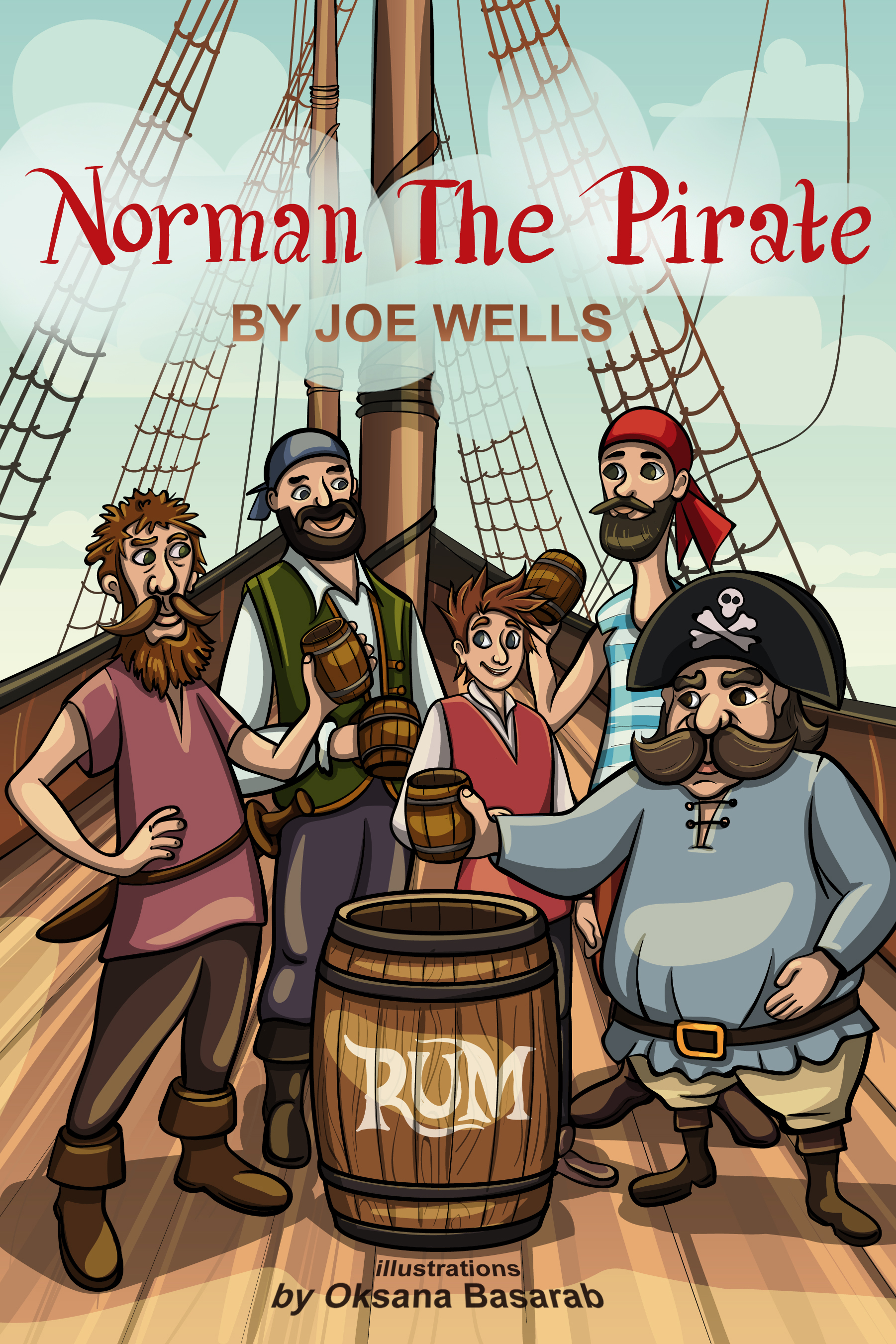



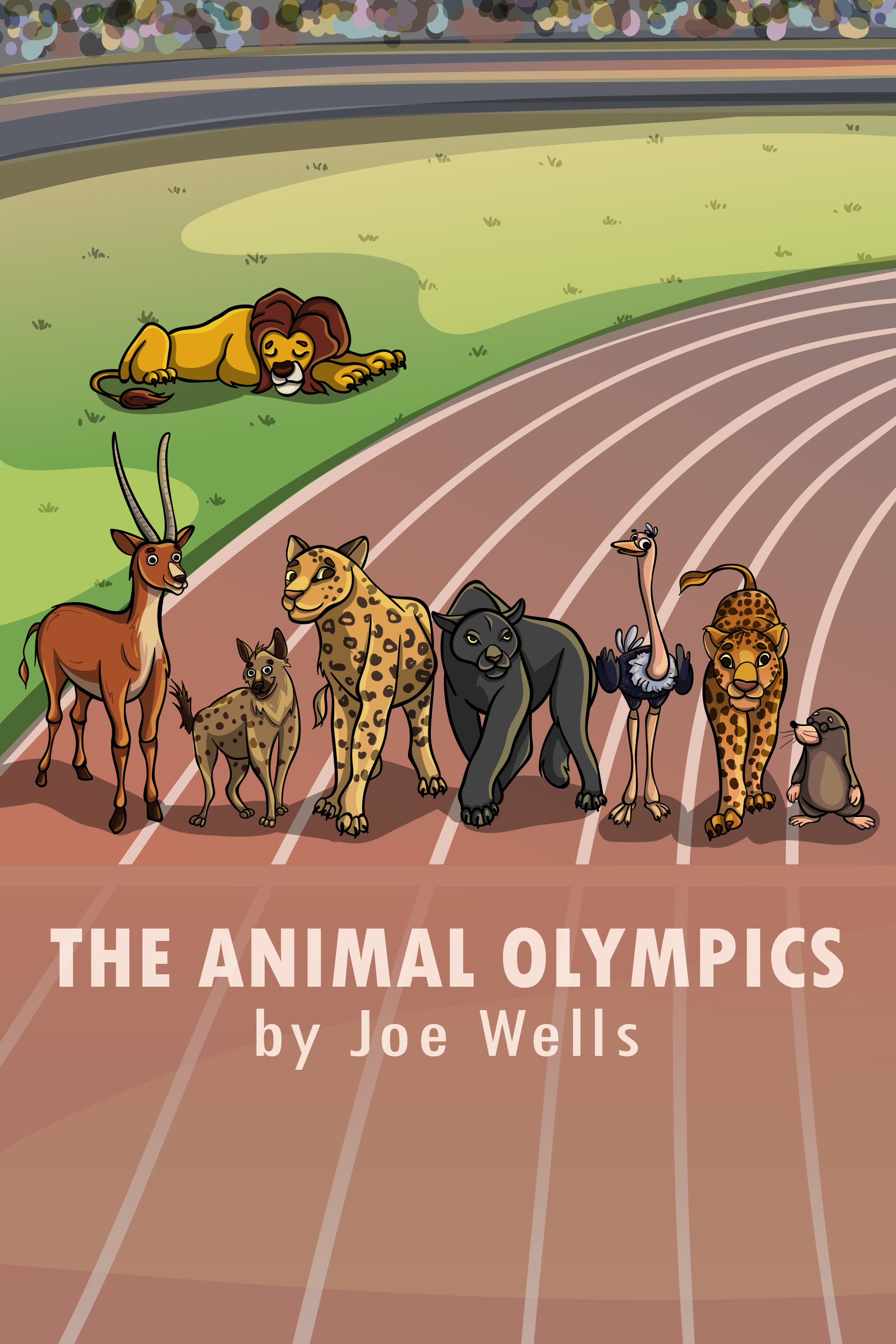
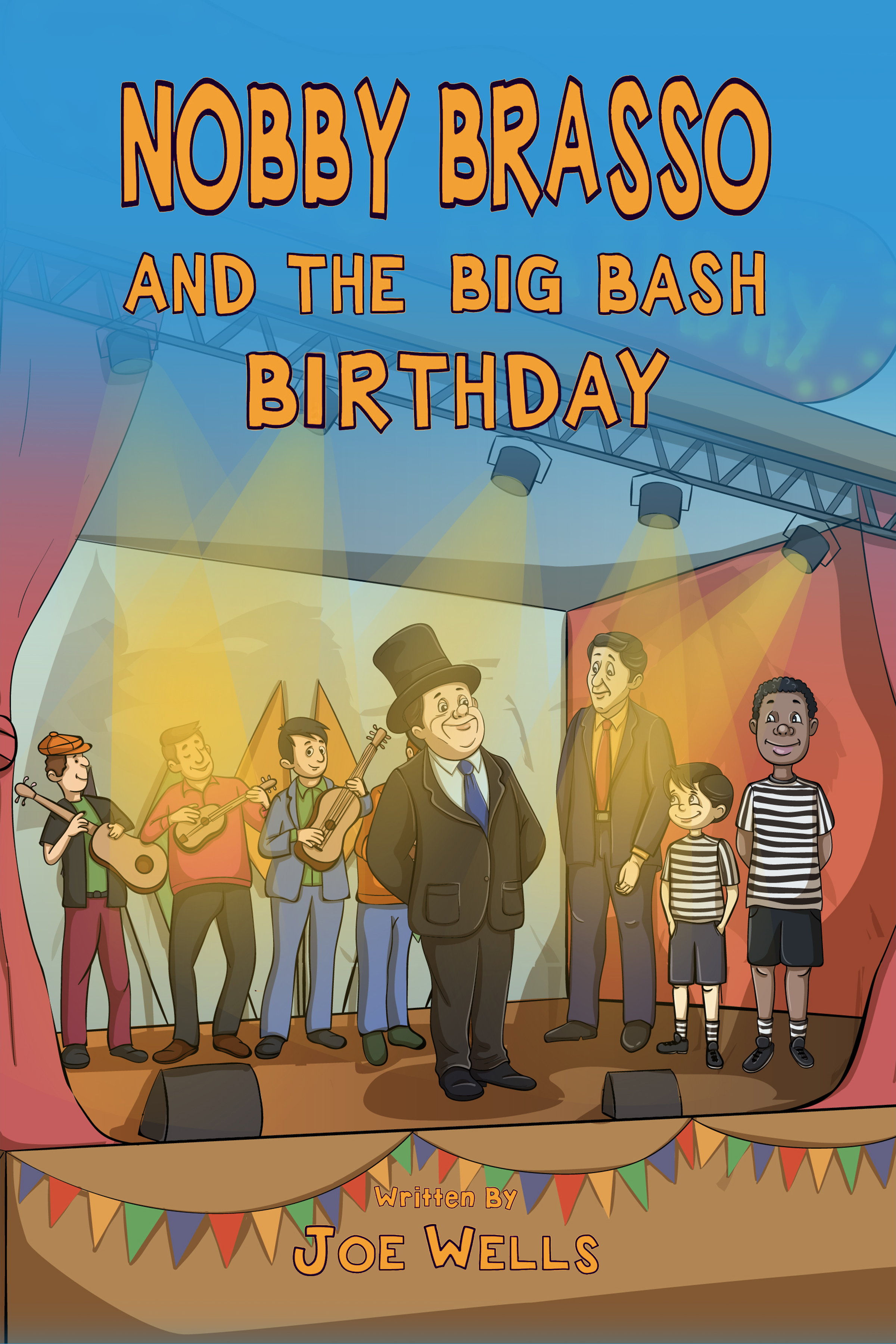
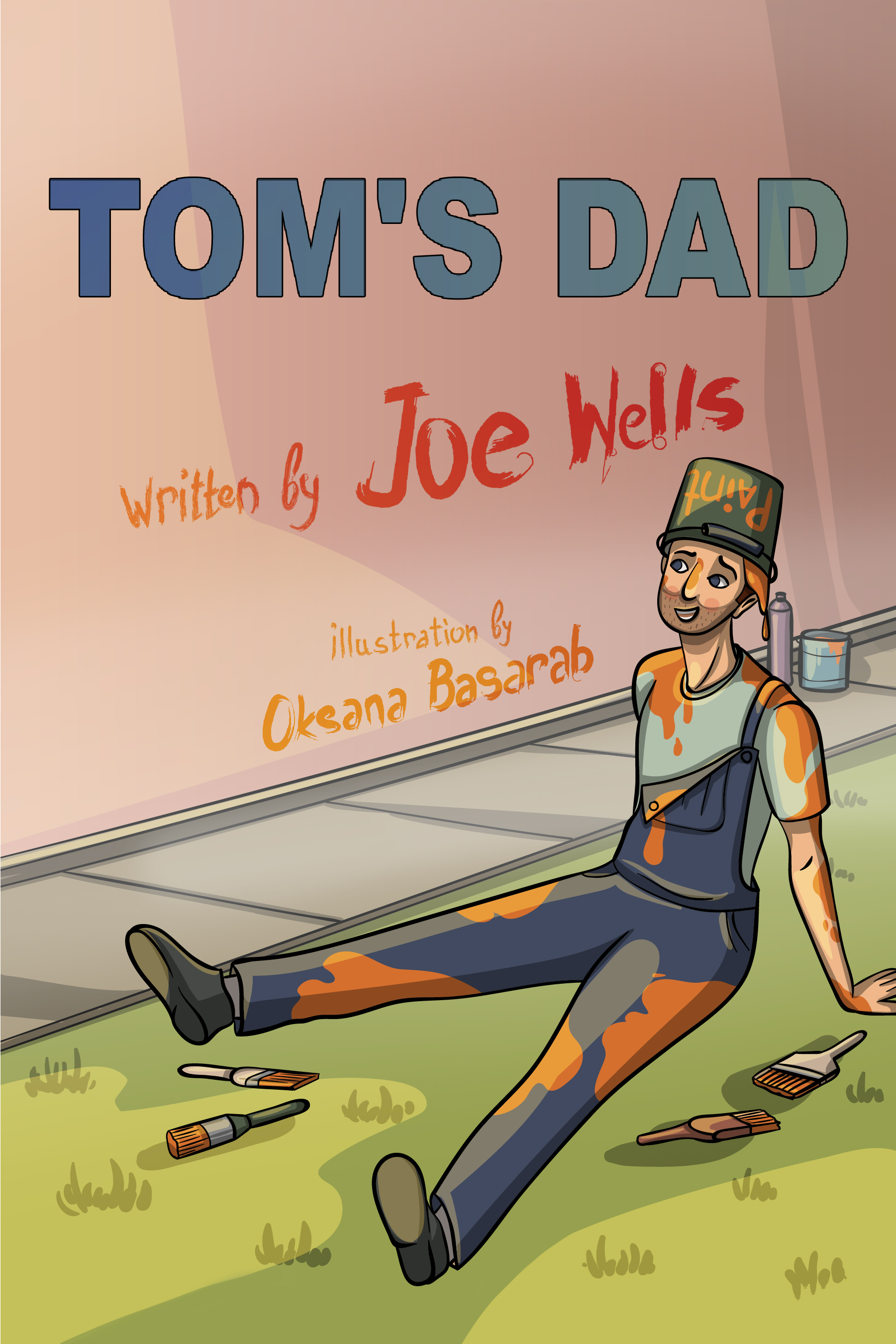
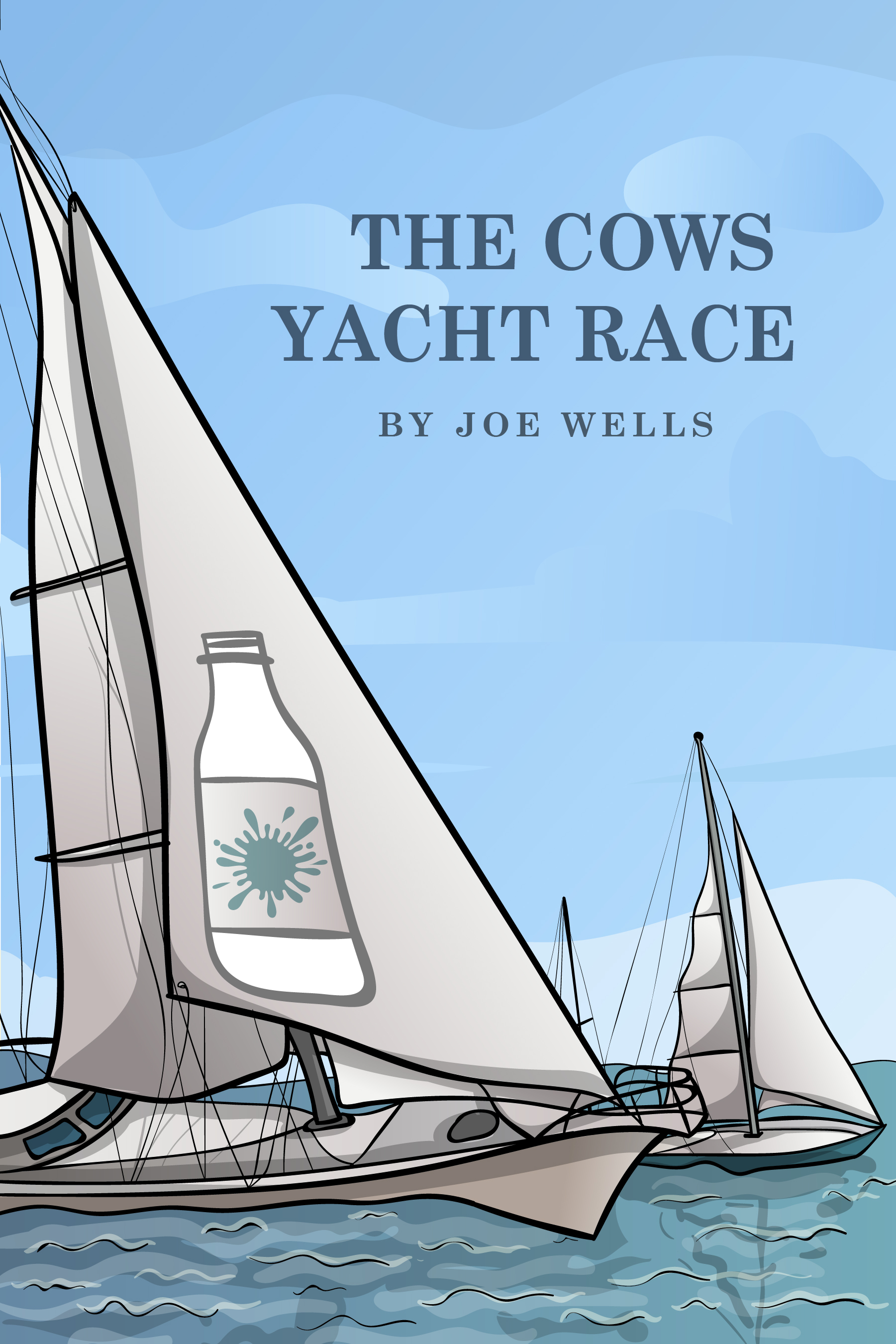

The last Kipling poem was quite melancholy, but spoke to me. Thanks for sharing.
My boy Jack is a very moving story, all the more so as it’s true.
Pingback: Author Interview – Laura Lovett – “Losing Cadence” and “Finding Sophie” (Psychological Thriller) | toofulltowrite (I've started so I'll finish)